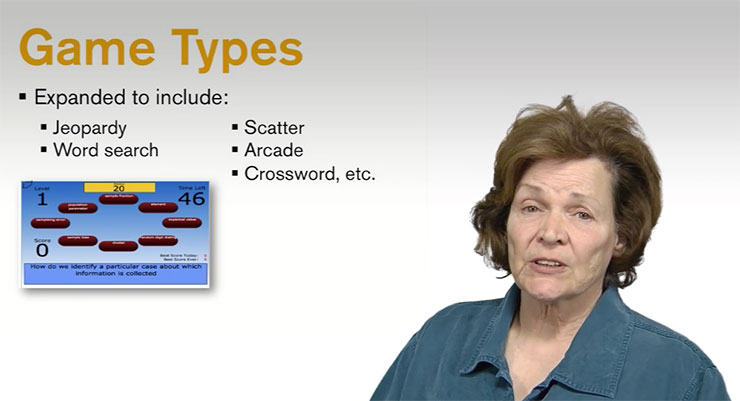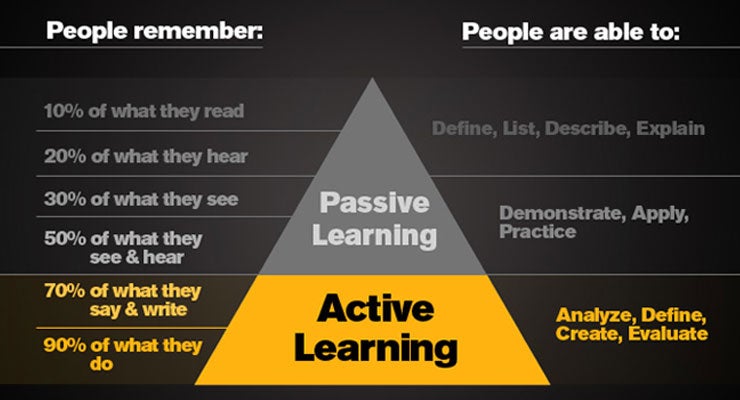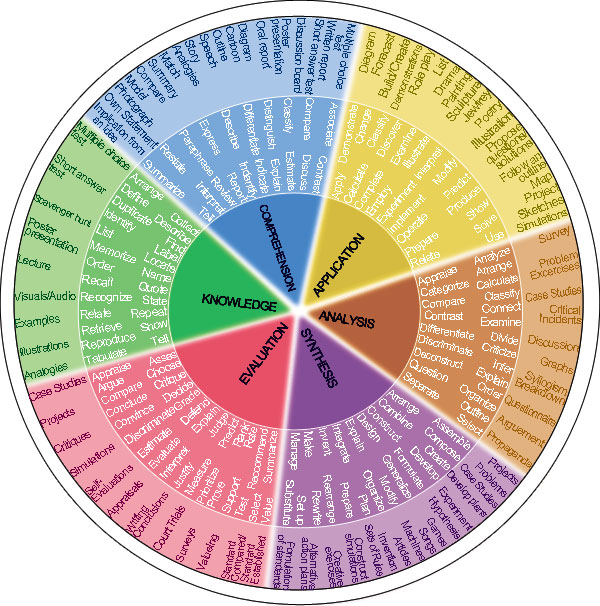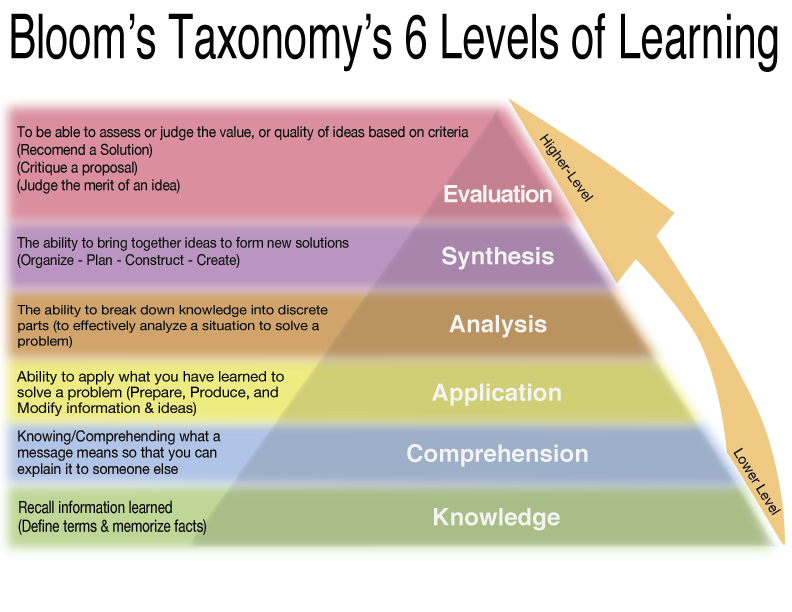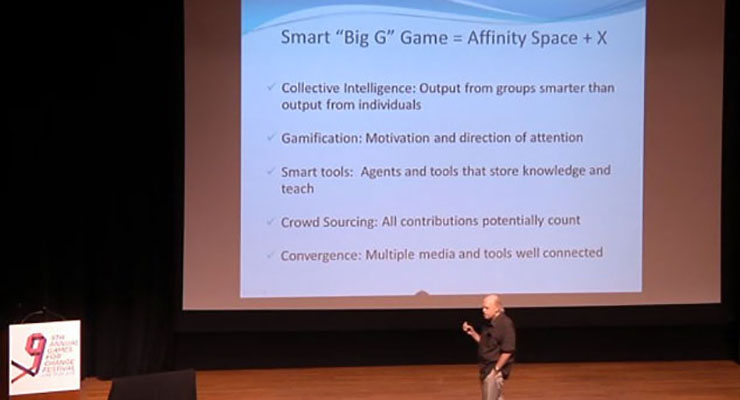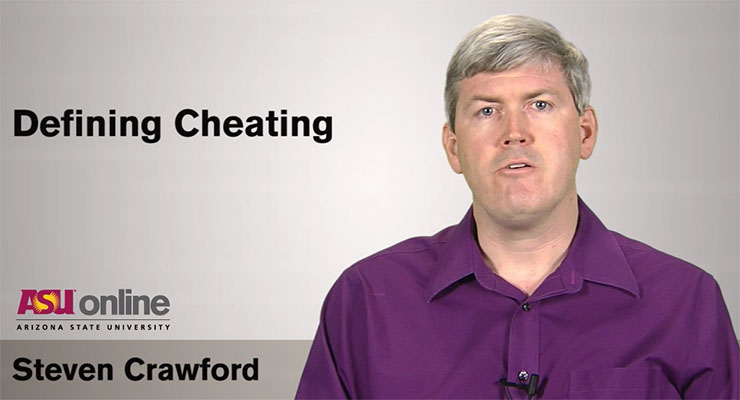Design Thinking Can Make You a Better Teacher! Getting Started Design Thinking is a mindset grounded in believing that you can make a difference and using an intentional process in order to get to new,…
Tag: in-person
Professor Marilyn Dantico talks about her experiences incorporating games in her required upper division research methods course.
As the paradigm shifts towards learner-centered approaches to instruction, active learning has gained increased attention in higher education circles. You may have even seen images of classrooms that have undergone extensive renovation to become “active…
A recent Faculty Focus article, “Applying the Seven Principles for Good Practice to the Online Classroom,” identified seven principles of good instruction that are important considerations when designing or facilitating an online course.
Technology has enabled us to interact, innovate and share in whole new ways. This dynamic shift in mindset is creating profound change throughout our society. The Future of Learning looks at one part of that…
When you are creating a course, strive to design with the end in mind. After you have established a set of measurable learning objectives for your course, work to develop assessments that are aligned with…
One of the things that I always hear people say about iPads is that it is great for “consuming” content, but not for “creating” content. I disagree that an iPad cannot be use for creating…
When you begin creating a course, you want to design with the end in mind. The best way to approach this is to start by writing measurable, learning objectives. Effective learning objectives use action verbs…
ASU’s very own James Paul Gee was this morning’s keynote speaker at the 2012 Games for Change conference. Watch his incredible talk on “Big G” Games.
When someone says “Don’t cheat” what do they really mean? Students often commit acts of academic dishonesty not because they are lazy, but because they did not understand that what they were doing was considered…



